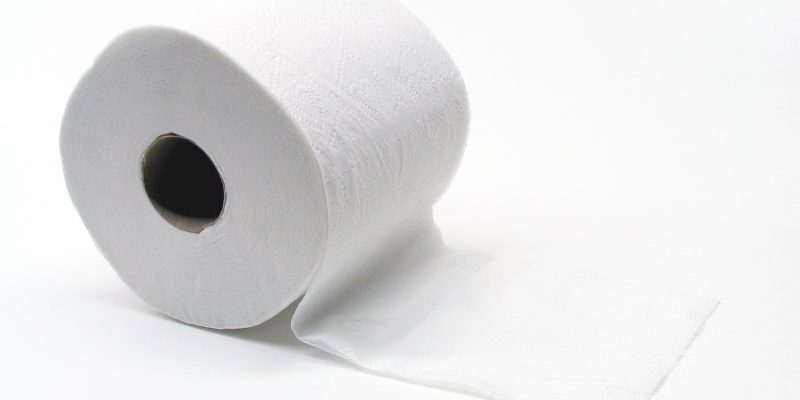
When modern paper was invented by Ts’ai Lun, a court eunuch in Han Dynasty China, it seemed like a good idea. In fact, this early paper was harmlessly made by hand, from tree bark, remnants of hemp, linen rags, fishnets, and other fibrous materials. Ts’ai Lun didn’t know that in the mid-19th Century someone would “improve” on his idea by inventing a machine for pulping wood to make paper, or that in the 21st Century somebody would make a lot of money by convincing us that we need soft, fluffy, quilted toilet paper.
The problem is that soft, fluffy toilet paper (and paper towels, etc.) can’t be achieved if even a tiny amount of recycled paper is used in its production, so mature trees are being cut down in large numbers to make it. Apparently other countries are not so fussy, and America is being damned as the primary user of these damaging products. What I have to say about that is—sure I like the stuff, but I didn’t know they were cutting down giant redwoods or something to make it for me! Greenpeace is concerned enough to have established a website rating different recycled paper products.
For 3,000 years papyrus was the writing material of choice. For another 1,700 years or so Ts’ai Lun’s paper was harmlessly made from the fibrous byproducts of daily life. Paper made from wood pulp has only been around for a little over 150 years and has already caused untold damage. What really should happen is somebody should hurry up and think of a better way to make paper. (SUNY College of Environmental Science and Forestry is concerned enough to offer generous scholarships to students entering their paper science program.) Meanwhile, won’t you visit greenpeace.org/usa/campaigns/forests/tissueguide and click “download the guide,” or skip that—just go to Shop Rite, Hannaford or Stop & Shop. They each carry at least one brand of recycled paper products, surprisingly close in price to other products.
A warning … the Greenpeace site could make you feel guilty for not switching to recycled toilet paper, paper towels, tissues and napkins, and for not buying the products to which they give the highest ratings. Just know this: switching even one of your paper products to any of the recycled equivalents is better than not switching at all.
